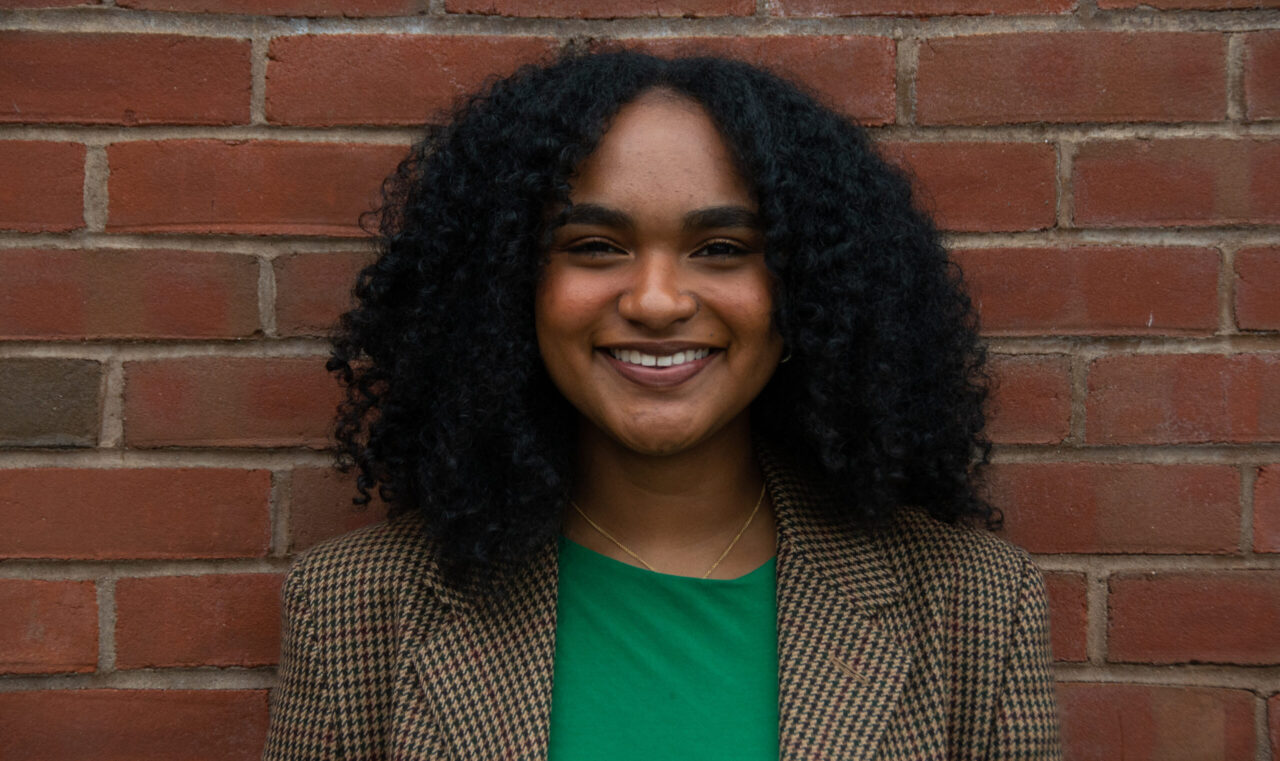Senior Thesis: Chen ’23 Studies HIV/AIDS and STD Stigma in Jamaica

By amplifying the personal experience of women in Jamaica who are living with HIV/AIDS, Nilukshi Chen ’23 hopes to explore the rampant fear and stigma surround the disease in the island nation.
Chen interviewed four women for her senior thesis on the stigma surrounding HIV and sexually transmitted diseases (STDs) in Jamaica. Her thesis, titled “Sounding Subaltern Voices: Conversations with Jamaican Women Living with HIV/AIDS,” considers Spivak’s “Can the Subaltern Speak” to grapple with what it means give a voice to individuals who have been historically voiceless. The term “subaltern” refers to an individual or group who is excluded from the power hierarchy in a colonial system.
“I use (Michel) Foucault to try to understand how the different constructions of sexuality have changed throughout history and how they become what we see today,” Chen said. “I use those constructions to understand how STDs in general have been stigmatized against. I’m trying to look at stigmatization in subaltern populations.
According to a survey of those living with HIV/AIDS in Jamaica in 2020, 48 percent reported experiencing stigma or discrimination related to their HIV status, 38 percent reported delaying testing due to fears of how others would respond to a negative test, and 30 percent delayed starting treatment due to fear of people learning about their HIV status.
Chen’s small sample of the population found similar concerns. Two of the four women she interviewed have not told their children about their diagnosis. One of the children of the women said they did not want to be “anywhere around” someone with HIV, the interviewee said. Another said she lost one of her Fallopian Tubes and can no longer have children because she got syphilis from the same man who gave her HIV.
This prompted Chen to also think about people who were ostracized due to medical circumstances—like the those forced into leper colonies and those who received STDs from British soldiers in colonized areas—while taking COL254-01 Folly & Enlightenment: Madness Before and After the Mind/Body Split.
She then applied this concept to her own experiences as a native of Kingston, Jamaica, a place she described as deeply religious and sexually conservative. For example, there were significant religious overtones throughout her conversations with the four women, she said. Many of them relied on prayer as a way of dealing with the diagnosis. Or, in some cases, they accredited the diagnosis to God’s wishes, Chen said.
Jamaica is one of 64 countries that currently have laws banning same-sex marriage and/or sexual contact among people of the same sex, according to BBC.
“Individuals suffering from STDs undergo a particularly profound form of ostracization from society,” Chen wrote in her thesis. “This ostracization often leans on preexisting racist constructions of sexuality to frame STDs as a moral failing rather than a physical affliction.”
Chen decided to center the voices of her subjects in her work, rather than draw her own conclusions. She said it was partially to remove as many filters from the stories of her interviewees as possible since all her interviews were conducted in Jamaican Patois, which were then translated to English in the accompanying text. She also did not want to generalize the experience of Jamaican and Black women.
“I have only attempted to identify certain manifestations of HIV stigma in our dialogues,” Chen wrote. “They cannot represent every Black woman living with HIV/AIDS. They cannot even represent every Jamaican woman living with HIV/AIDS. They can only represent their personal experience living with the disease. I believe that is enough.”
Chen, a Biology and College of Letters double-major, hopes to work in the U.S. for two years on a student-work VISA after graduating from Wesleyan. After that, she is considering going back to school for a doctorate in public health or pursuing non-profit work. She said she recently realized that she wants to help improve the public health policies in Jamaica.
“I want to help build better health policies that fit the communities that they’re going,” she said. “Someone in Middletown, Connecticut, is going to have very different needs than someone in Kingston, Jamaica. I think that may push me to really look at my own country instead of trying to look at a place that’s super far away, because that’s the place I know the best.”

